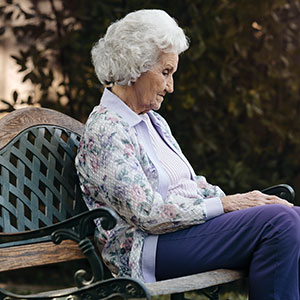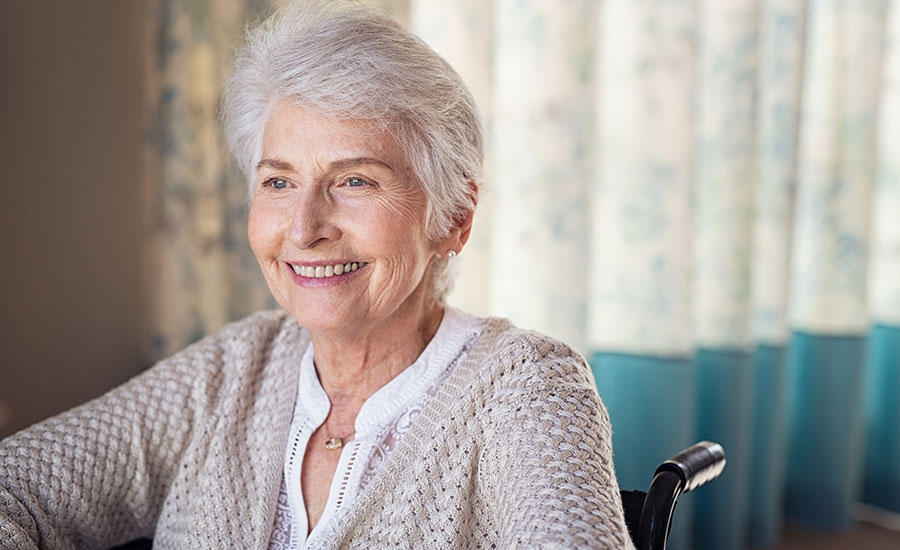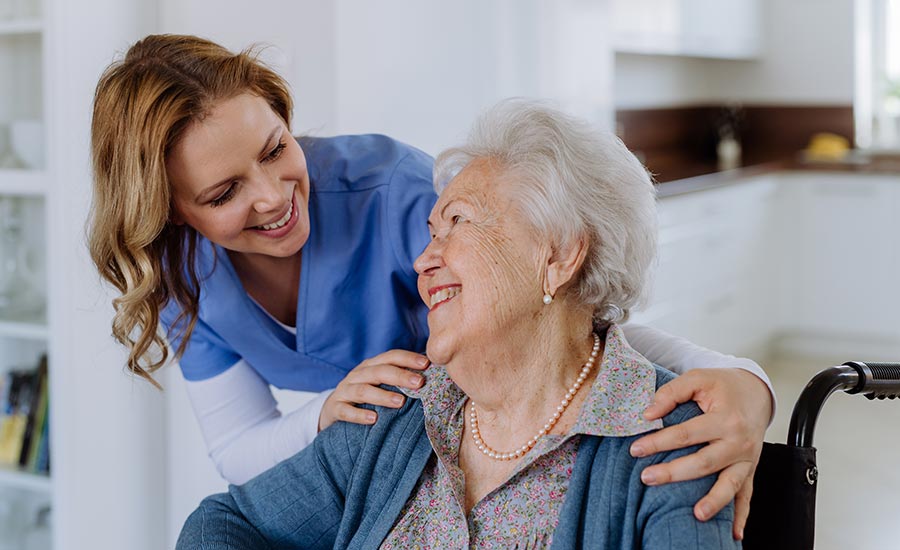Not Just Physical: Recognizing Different Types of Elder Abuse

Many seniors rely on family members, friends, or caregivers to assist and support them as they age. They may need help with mobility, running errands, preparing meals, scheduling appointments, or any number of other tasks to allow them to age in place more safely and independently. Unfortunately, sometimes seniors are taken advantage of or mistreated. Elder abuse is an alarming but very real problem.
One of the first thoughts that comes to mind when many people hear the term “elder abuse” is physical abuse. While this is a type of elder abuse, it is not the only one. Harm can be caused in many ways, some of which are more noticeable than others. Understanding different ways that elder abuse can occur, how to identify it, and how to protect seniors is essential.
Different Types of Elder Abuse
Physical Abuse
This includes bodily harm or physical pain, including restraint or starvation. Pay attention to any bruises, bumps, sprains, or broken bones that seem unusual or not typical of an accidental fall or misstep. Look for sudden changes in behavior or being fearful of certain people.
Emotional Abuse
Actions and words can be harmful. Emotional abuse can be harassment or threats, bullying, forced isolation, or verbally manipulating someone and causing them to question their judgment or sanity. Seniors may become more withdrawn or down on themselves.
Sexual Abuse
Sexual abuse can occur at any age. It involves any unwanted, nonconsensual sexual actions, inappropriate touching, or being forced to watch explicit material. Seniors may shy away from physical contact.
Neglect
When an aging adult’s needs are intentionally not being met, this may be neglect. It can include things such as withholding food, water, medicine, hygiene, or healthcare. In addition, not responding to social, emotional, or financial needs may be considered neglectful acts as well. Seniors may appear dirty, disheveled, or undernourished, or have health issues that are not being properly addressed.
Abandonment
Another form of elder abuse is abandonment. This may occur when an older adult is left alone without any plans in place to manage their care, even though they are unable to effectively care for themselves.
Financial Abuse
Many seniors rely on others to help them manage their finances. Abuse can happen when someone steals or mismanages their money or belongings. Examples can be using their credit card or bank account without their permission, forging checks, or changing the names on important documents such as life insurance policies, wills, or property titles without the senior’s consent.
Who Is Susceptible to Elder Abuse?
It can happen to any older adult, but those who are at greater risk tend to be:
- Individuals with memory problems or dementia.
- Those with physical disabilities.
- Seniors without family or friends close by.
What to Do if You Suspect Elder Abuse
If you are concerned that an aging adult is being mistreated in any of the above ways, find a time to talk to them privately about it and voice your concerns. You could also talk to their doctor or a lawyer for additional support, or contact an agency such as Adult Protective Services, the National Center on Elder Abuse, or the National Domestic Violence Hotline. In an emergency, call 911 or law enforcement.
Be alert to any physical, mental, emotional, or social changes that occur in loved ones. Pay attention to their quality of life, how they are treated by others, and how they respond to different people. If you notice signs of potential abuse, speak up.
If your aging parent lives alone and needs assistance, turn to a licensed, reputable senior services provider such as Always Best Care. Feel confident in the care your loved one is receiving. Contact us at (855) 470-2273 for more information or to schedule a free consultation.





